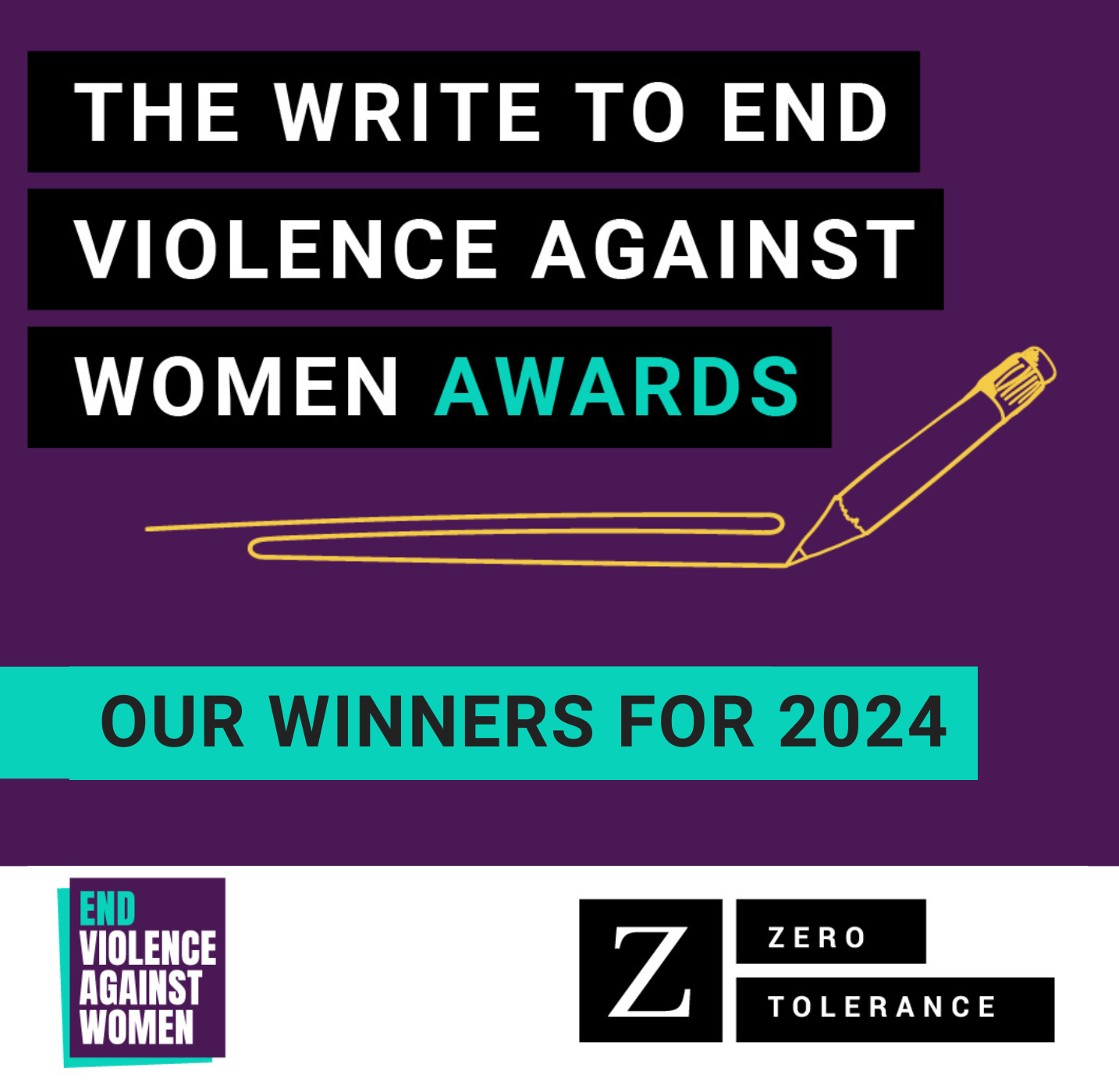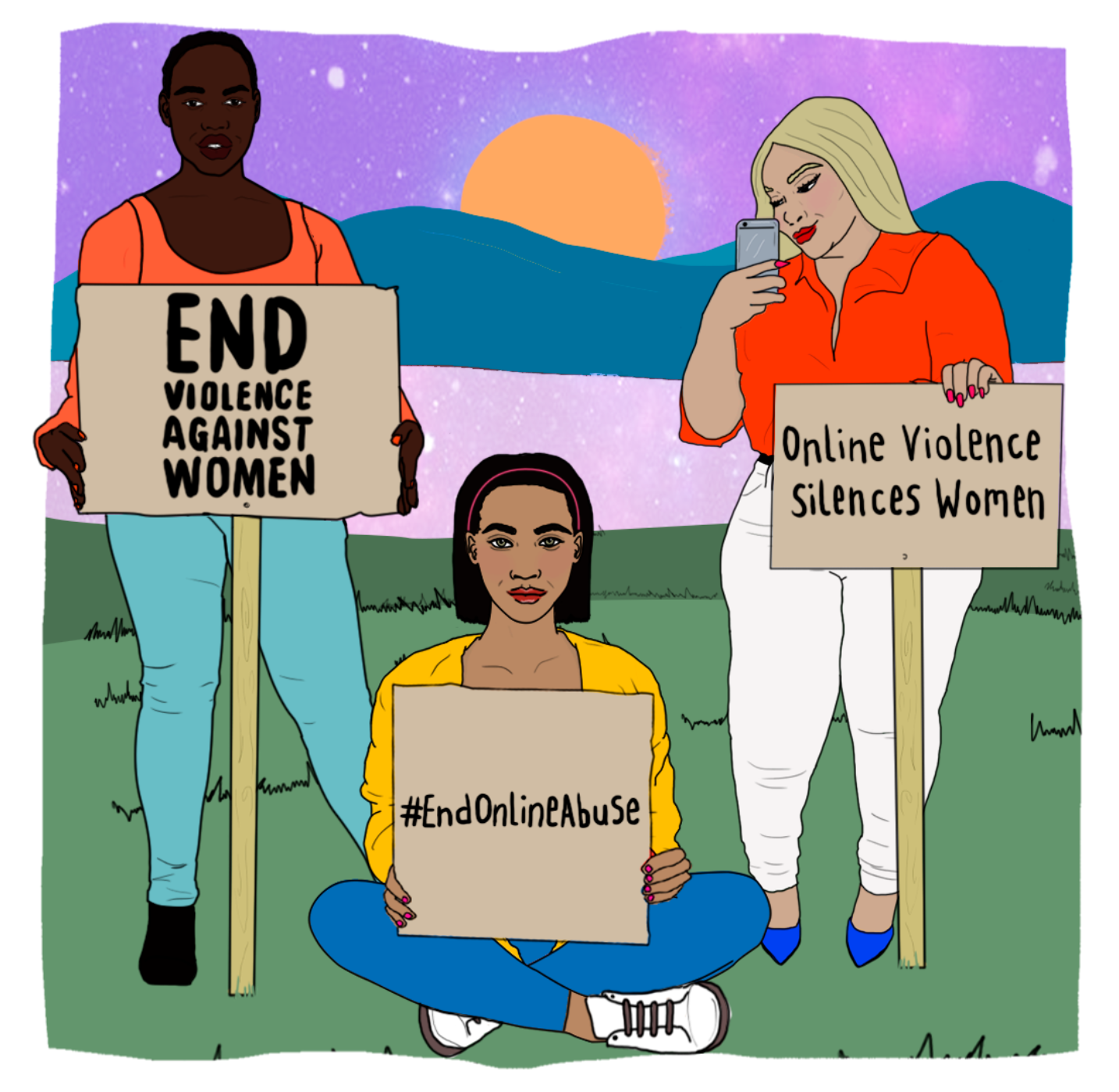 12 Dec
12 Dec
A coalition of 44 specialist organisations and experts in violence against women and girls (VAWG) have today (23rd February 2024) written an open letter to the Chief Executive of Ofcom, Dame Melanie Dawes, expressing concerns with the regulator’s approach to tackling illegal online content.
This content, which includes stalking, harassment and image-based sexual abuse, disproportionately impacts women and girls and causes severe and wide-ranging harm.
“I will never have the ability to trust people in the same way and will always second guess their intentions towards me. My self-confidence is at an all time low and although I have put a brave face on throughout this, it has had a detrimental effect on my mental health.”
Ellesha – campaigner and survivor of image-based sexual abuse
The group of 44 experts, which includes Professor Lorna Woods, Professor Clare McGlynn, Professor Liz Kelly, the End Violence Against Women Coalition, Refuge, Rape Crisis England & Wales and the NSPCC, express a lack of confidence in Ofcom’s interpretation of the government’s flagship Online Safety Act, and call on the regulator to urgently change course so that this once-in-a-generation opportunity to protect women and girls from violence and abuse is not wasted.
100,000 members of the public backed a successful campaign by the End Violence Against Women Coalition and Glitch to change the new law so that it addressed violence against women. But whether or not it will deliver actual protections from this abuse now depends on the regulator Ofcom’s interpretation of the law – which the coalition of experts say is severely lacking.
In their open letter, the group criticise Ofcom’s approach in key areas:
- It is taking a business-centric approach, reflected in a focus on the ‘costs’ and perceived burdens for tech companies, with no equivalent consideration given to the cost of the harms to individual women and girls and wider society – including the costs of their support needs.
- Ofcom is not adequately taking a systems-based approach which would prevent abuse from happening in the first place by making services safe by design Instead, it is focusing on content takedowns after the harm has been done, which places the burden of reporting abuse on victims themselves.
- Ofcom’s definition of illegal content is ambiguous and overly narrowly – limited to individual pieces of content and the intention behind them. Instead, it should consider elements such as algorithm weighting, nudges and content revenue sharing practices, which work together to produce the harmful online environment women and girls are forced to navigate.
- There is too much focus on reporting as an indicator of harm, when we know most victims don’t report and this arbitrary measure should not be the marker of how safe a platform is.
- Despite Ofcom acknowledging that women and girls are more likely to be targeted for online abuse based on their gender, its approach to illegal content fails to consider wider societal harms relating to online violence against women and girls, including those additionally marginalised by race and other characteristics – despite having done so for other offences such as hate speech.
“Platform liability is very important for so many reasons, not just to stop the images appearing on the sites in the first place. Two of the victims in our group have been blackmailed over Instagram by troll accounts over the images. They’ve pressured the members of our group for money and threatened showing the images to their families. The platforms need to have a responsibility for this and making sure it doesn’t happen.”
Ruby – campaigner and survivor of image-based sexual abuse
“Pornhub were very reluctant to assist with the police investigation. The officer received one very vague reply when he asked for the details of the account and the videos that had been uploaded. All other correspondence was ignored, although Pornhub dispute having received these emails as they were sent to ‘an old email address’ despite the fact that they had responded on that email address to the first contact.”
Ellesha – campaigner and survivor of image-based sexual abuse
Rebecca Hitchen, Head of Policy and Campaigns at the End Violence Against Women Coalition (EVAW), said:
“Parliament put its faith in the new online safety law to address the myriad harms women and girls face online. We knew that the potential of this new law would rest on how well it is implemented by Ofcom. We also knew that survivors and the organisations that advocate for them would face a mammoth task competing with the influencing power of billion dollar tech companies – companies which would be held accountable for the abuse they currently profit richly from.
We can’t let this once-in-a-generation opportunity to create a safer internet fall at the first hurdle. Women like Ellesha and Ruby deserve better. Now is a crucial time to influence how tech companies are held accountable. We urge Ofcom to change course so that this new law works for women and girls and society as a whole.”
ENDS
Media contact
Sinead Geoghegan, EVAW Coalition: media@evaw.org.uk 07960 744 502
Full letter to Ofcom is available here
Recommended ARTICLES
 12 Dec
12 Dec
 25 Nov
25 Nov
 15 Nov
15 Nov

